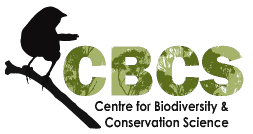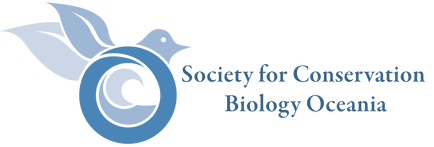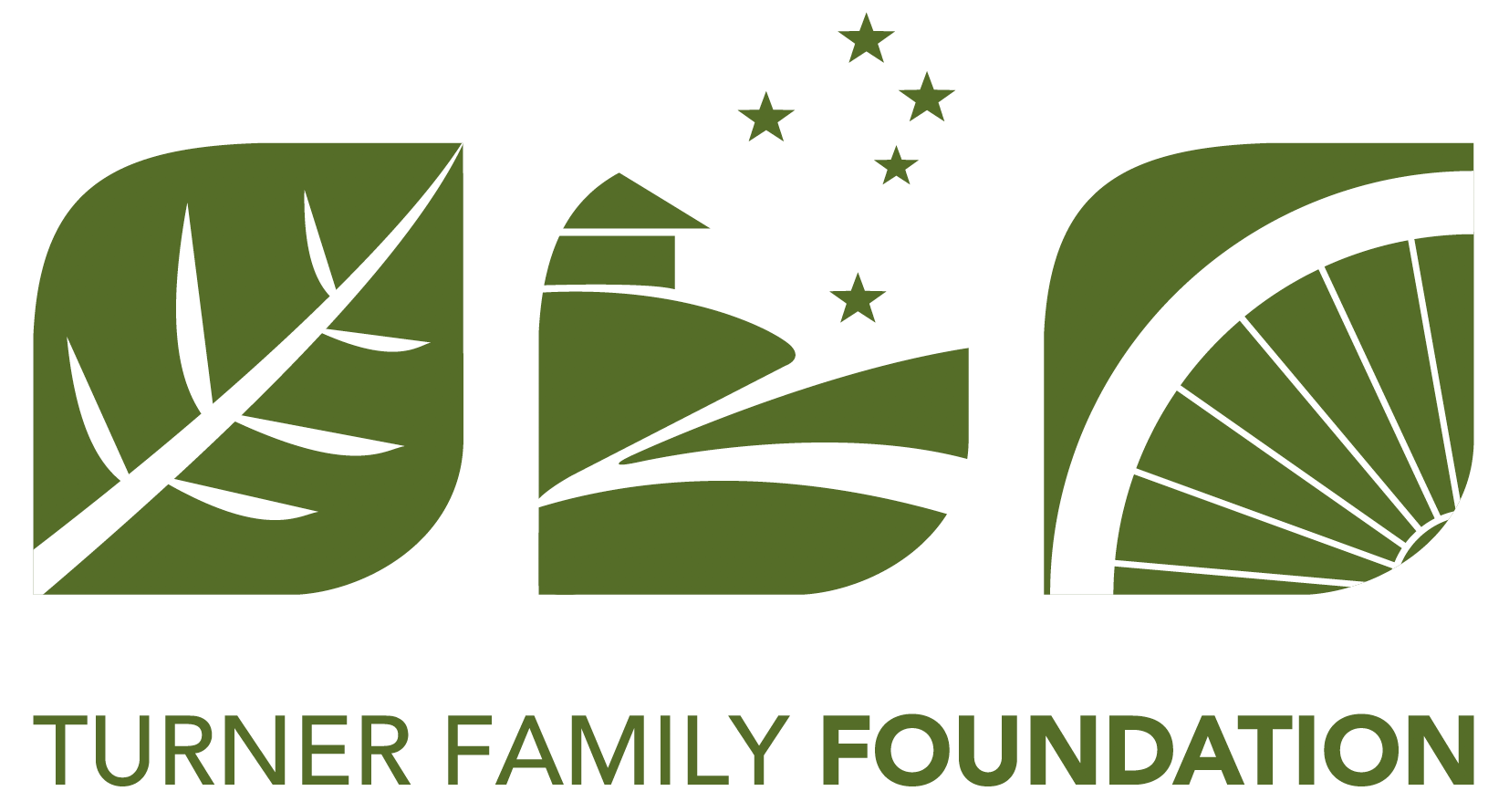 R for conservation biologists
R for conservation biologists
Led by: Dr Brad Woodworth & Dr Felipe Suarez Castro, University of Queensland
Duration: Half day
This workshop will introduce participants to the R software environment and provide some basic training on using R for simple statistical analyses used in conservation.
 Introduction to GIS (Geographic Information Systems) for conservation science
Introduction to GIS (Geographic Information Systems) for conservation science
Led by: Dr Stephen Kearney & Dr James Allan University of Queensland
Duration: Half day
This workshop will introduce participants to the basic concepts in GIS and its potential applications with the software ArcGIS or open source equivalent.
 Marxan for conservation planning
Marxan for conservation planning
Led by: Dr Micheli Costa Duarte, Madeline Davey & Jaramar Villarreal Rosas, University of Queensland
Duration: Full day
This workshop will provide participants with basic knowledge and skills necessary to use Marxan for conservation planning.
 Getting grants
Getting grants
Led by: Prof Hugh Possingham, The Nature Conservancy
Duration: Half day
This workshop will cover some practical advice for writing effective grant proposals for research and conservation projects.
 Scientific writing
Scientific writing
Led by: Prof Rich Fuller, University of Queensland
Duration: Half day
This workshop will provide participants with some practical tips on writing scientific papers for publication.
 Master academic writing: four steps to getting published
Master academic writing: four steps to getting published
Led by: Dr Lucie Bland, Deakin University
Duration: Half day
In this workshop, students will be able to write and publish their first academic papers. Written communication is an essential skill for many jobs, and students will be able to take these skills forward to other types of writing.
 Science communication
Science communication
Led by: Jaana Dielenberg, University of Queensland
Duration: Half day
This workshop will discuss some practical tips on how to communicate conservation science to different audiences including the general public. It will help you identify the right tool from traditional news releases, to websites, videos and social media to engage with your targeted audience.
 Effective talks and presentations
Effective talks and presentations
Led by: David Salt, Editor of Decision Point
Duration: Half day
This workshop will provide useful tips and tricks for designing presentations and posters that engage audience attention and leave a lasting positive impression.
 Data visualisation
Data visualisation
Led by: Dr Blake Alexander Simmons, University of Queensland
Duration: Half day
This workshop explores the use of graphic design software for visualising data and creating high-impact figures.
 Producing videos about your science
Producing videos about your science
Led by: Nicolas Rakotopare, freelance photographer & videographer
Duration: Half day
This workshop will cover the basics of filmmaking, including simple tips for shooting (storytelling guidance and a variety of simple shots needed to start telling your story), editing (software available), a short live editing demonstration, and advice regarding equipment.
 Population and ecosystem modelling
Population and ecosystem modelling
Led by: Dr Matt Holden & Dr Chris Baker, University of Queensland
Duration: Half day
This workshop will give participants skills to use population and ecosystem modelling, as well as data, to aid conservation decisions.
 Mentorship: creating and fostering connections
Mentorship: creating and fostering connections
Led by: Dr Monica Awasthy & Dr Elisa Bayraktarov, BirdLife Australia & University of Queensland
Duration: Half day
This workshop will discuss the basics of defining mentorship goals, finding the right mentor, and establishing and managing relationships to increase success in the conservation world.
 Essential networking skills
Essential networking skills
Led by: Dr Duan Biggs & Hubert Cheung, Griffith University & University of Queensland
Duration: Half day
This workshop will provide some practical tips on how to effectively network at conferences and networking events.
 Stakeholder engagement
Stakeholder engagement
Led by: Dr Elisa Bayraktarov & Dr Monica Awasthy, University of Queensland & BirdLife Australia
Duration: Half day
This workshop will introduce participants to various approaches in engaging and establishing productive working relationships with the different stakeholders involved in conservation projects. This workshop may include playful elements from improvised theatre.
 R for conservation biologists
R for conservation biologists Introduction to GIS (Geographic Information Systems) for conservation science
Introduction to GIS (Geographic Information Systems) for conservation science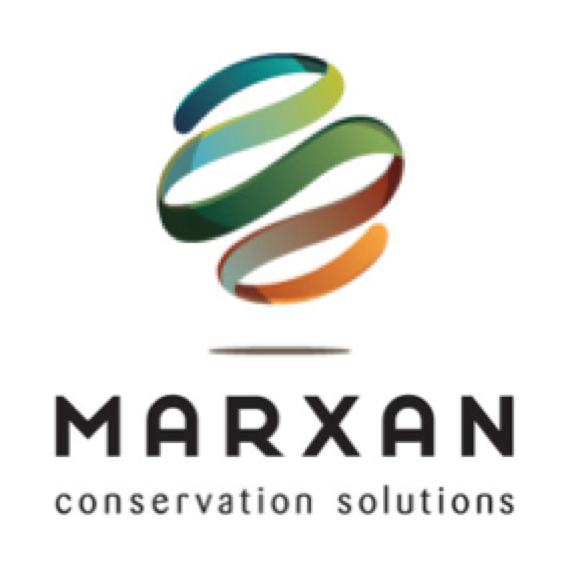 Marxan for conservation planning
Marxan for conservation planning Getting grants
Getting grants Scientific writing
Scientific writing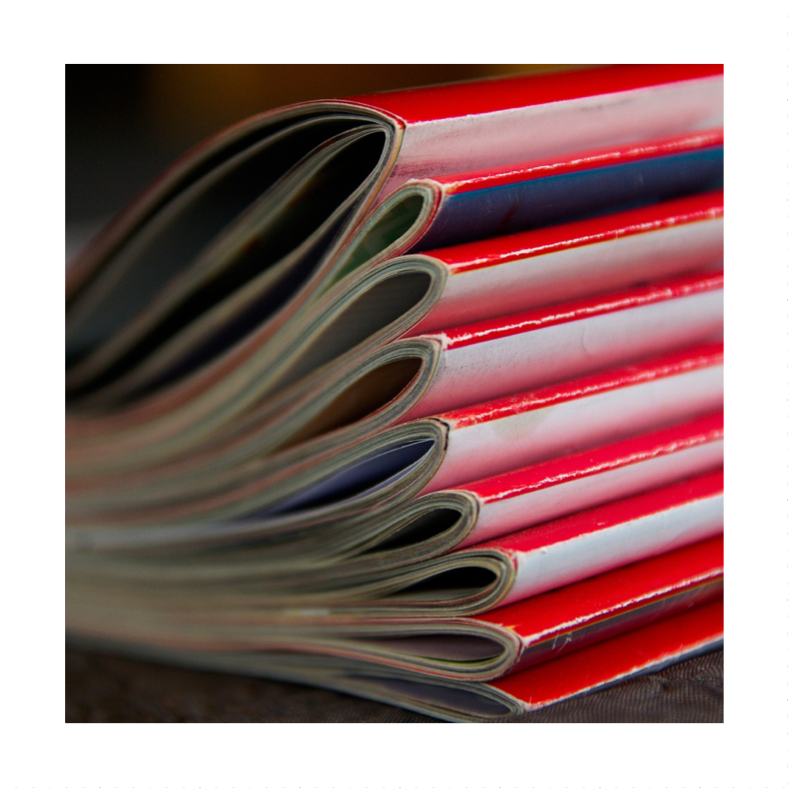 Master academic writing: four steps to getting published
Master academic writing: four steps to getting published Science communication
Science communication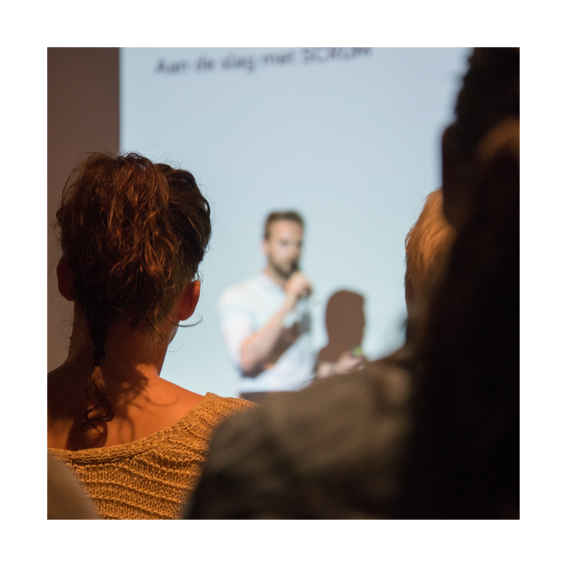 Effective talks and presentations
Effective talks and presentations Data visualisation
Data visualisation Producing videos about your science
Producing videos about your science Population and ecosystem modelling
Population and ecosystem modelling Mentorship: creating and fostering connections
Mentorship: creating and fostering connections Essential networking skills
Essential networking skills Stakeholder engagement
Stakeholder engagement